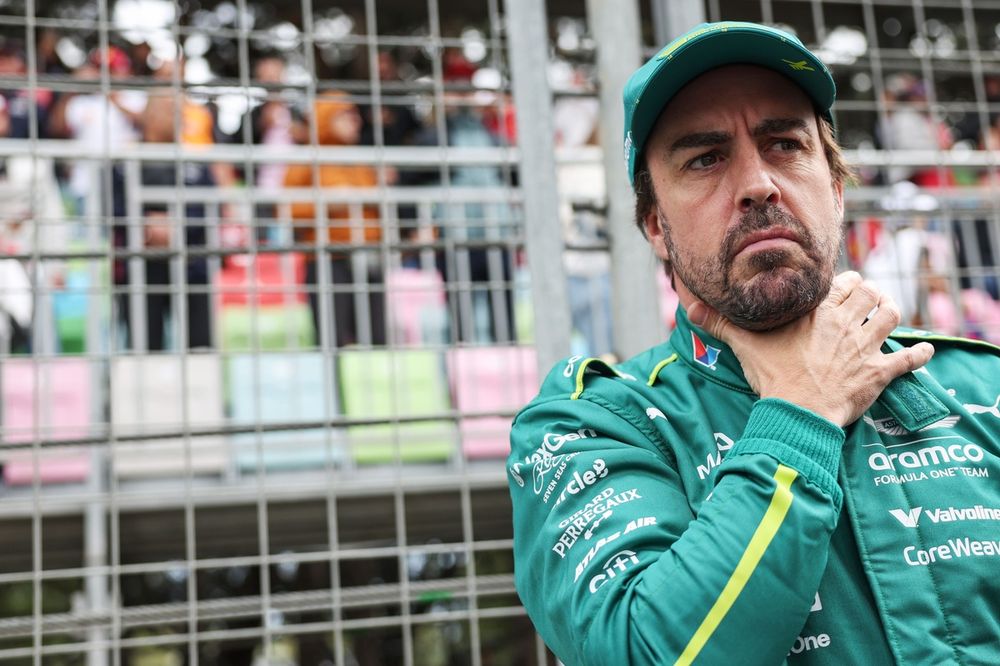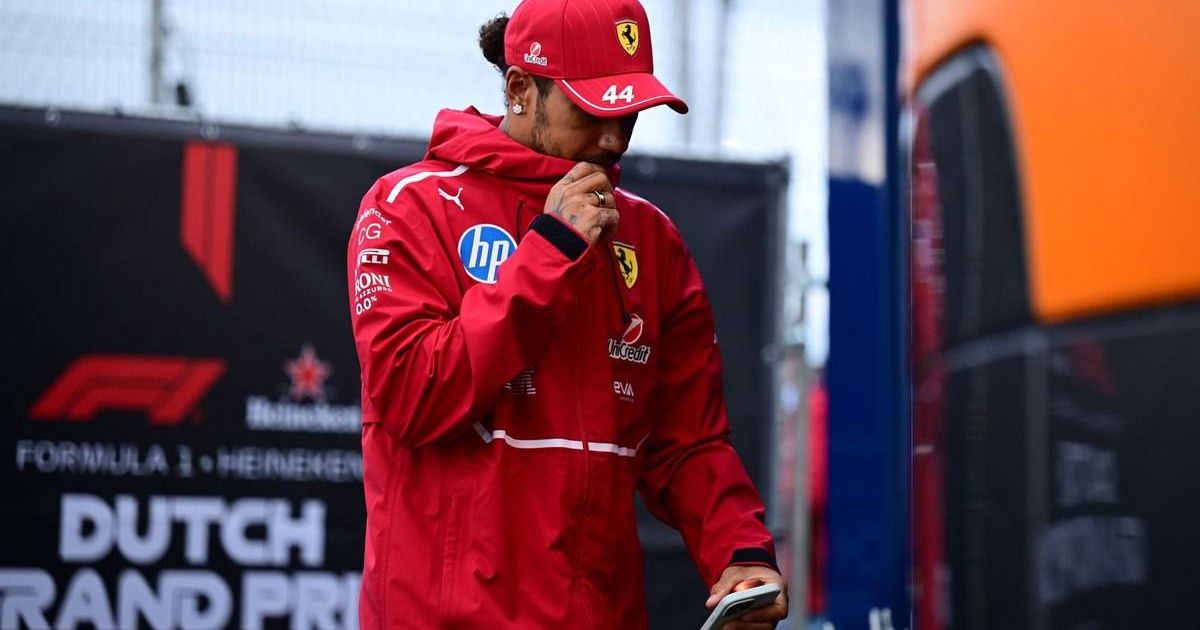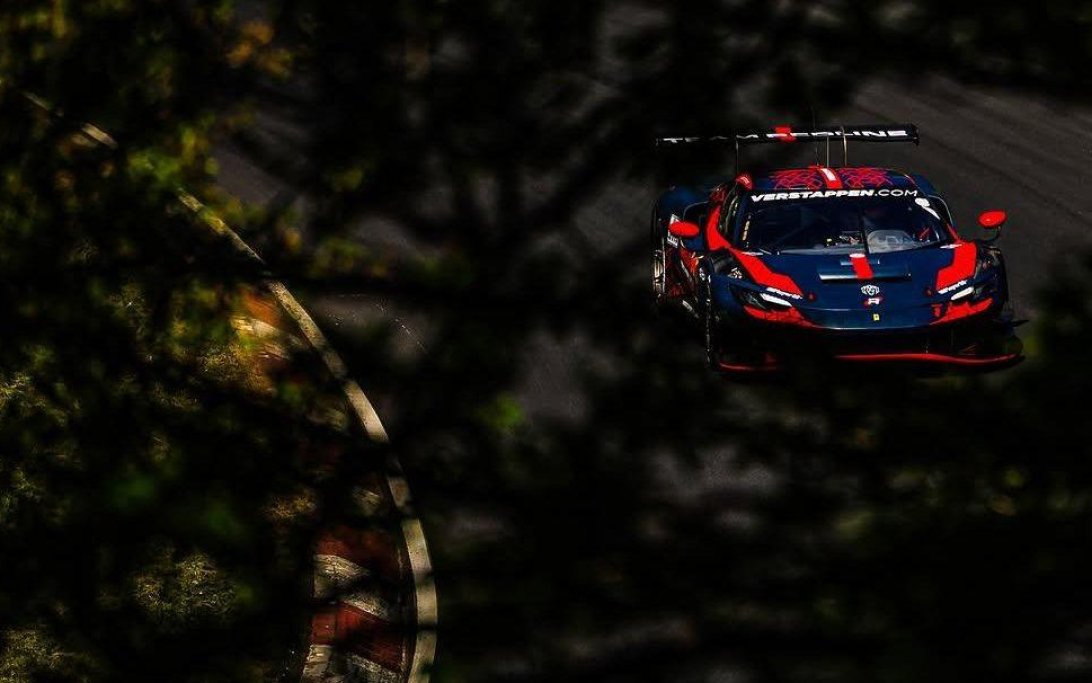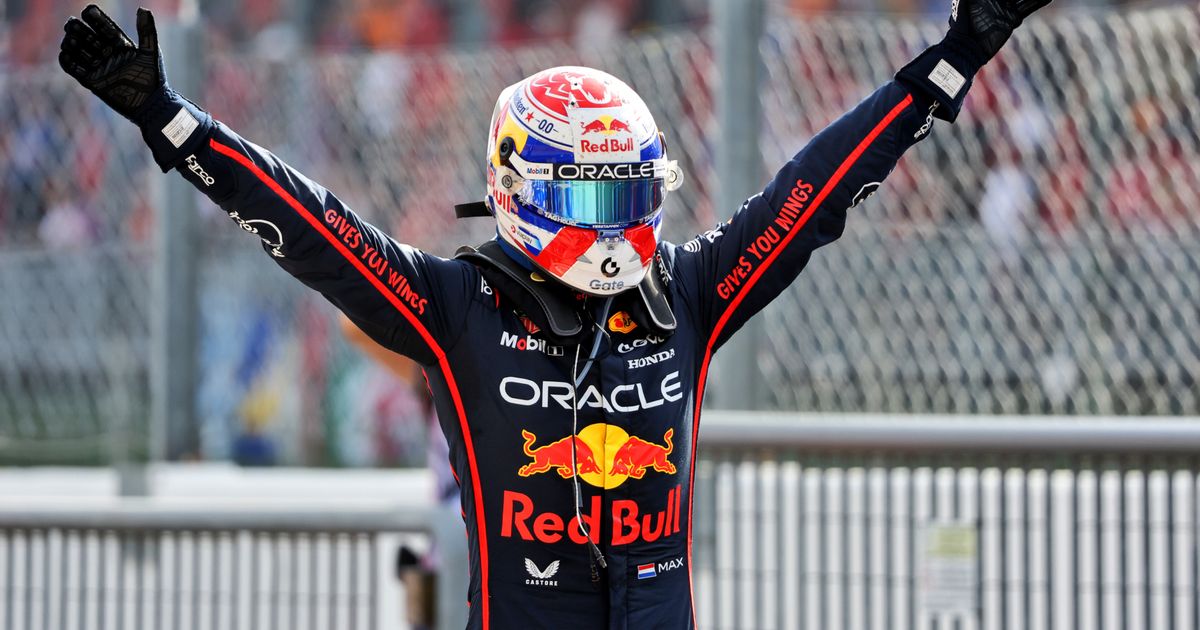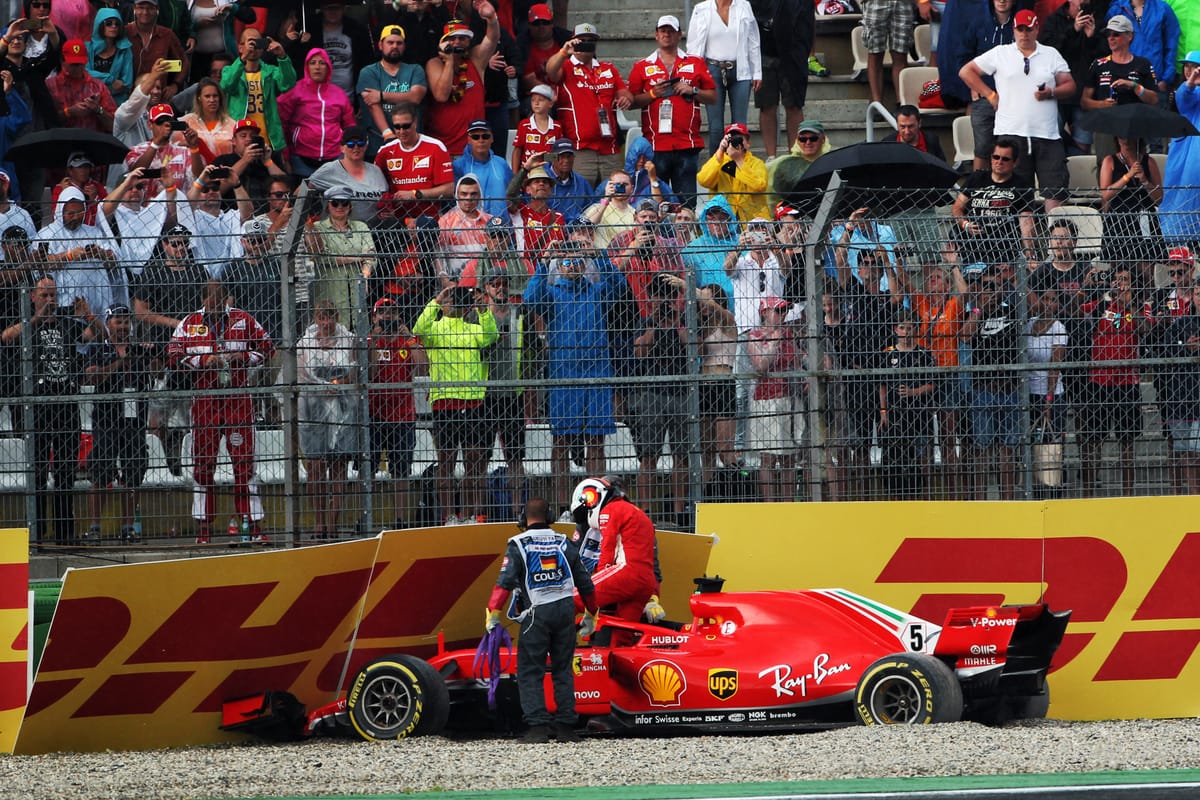
12 Terrible Weekends for F1 Championship Leaders
Oscar Piastri's recent struggles in Baku, marked by multiple errors including two crashes and a jumped start, aren't unprecedented for a Formula 1 championship leader. Even the sport's greatest drivers have experienced nightmare weekends, as McLaren team boss Andrea Stella noted. This article delves into 12 instances where F1 championship leaders endured self-inflicted terrible weekends, often with significant consequences for their title campaigns.
Why it matters:
These weekends highlight that even at the pinnacle of motorsport, pressure, conditions, or uncharacteristic errors can derail a championship leader's performance. For some, these events were minor blips in dominant seasons, but for others, they marked turning points that cost them titles or significantly altered their F1 legacies. Piastri's experience serves as a reminder that consistency is paramount, and even a single disastrous race can swing the momentum in a fiercely competitive F1 season.
The Details:
- Felipe Massa - 2008 British Grand Prix: After leading the championship, Massa crashed in practice, qualified ninth due to a stuck wheelnut, and spun five times in the wet race, finishing last. He lost his championship lead to Lewis Hamilton.
- Michael Schumacher - 2004 Chinese Grand Prix: Despite having already secured the title, Schumacher spun in qualifying, started from the pitlane due to an engine change, made contact with Christian Klien, and spun again during the race, finishing 12th in an uncharacteristic display of errors.
- Sebastian Vettel - 2018 German Grand Prix: Leading the race and the championship, Vettel slid off in treacherous conditions with 15 laps to go, handing victory to Hamilton. This moment is often seen as the beginning of the end for his Ferrari title hopes.
- Mark Webber - 2010 South Korean Grand Prix: Webber, leading the championship, crashed out of second place in a wet race, collecting Nico Rosberg. His retirement shifted the title momentum away from him, with Fernando Alonso ultimately benefiting.
- Fernando Alonso - 2007 Canadian Grand Prix: Tied for the championship lead, Alonso struggled with braking, went off track multiple times, and received a stop-and-go penalty, finishing seventh while rookie teammate Lewis Hamilton dominated.
- Damon Hill - 1996 Spanish Grand Prix: Despite a strong start to his championship year, Hill spun off the track three times within 12 laps in a wet race, leading to his retirement. This race was a stark contrast to his otherwise championship-winning form.
- Lewis Hamilton - 2015 Hungarian Grand Prix: Hamilton, with a 17-point lead, had a terrible start, ran wide on lap one, and received a drive-through penalty for colliding with Daniel Ricciardo, finishing sixth in the fastest car.
- Alain Prost - 1983 Dutch Grand Prix: Prost, leading the championship, lost control under braking and collided with title rival Nelson Piquet, forcing both into retirement. He ultimately lost the title by just two points.
- Max Verstappen - 2022 Singapore Grand Prix: Verstappen missed a likely pole position due to a fuel sample issue (following a qualifying error) and had an 'incredibly messy' race with an anti-stall start and a lock-up while overtaking, finishing seventh.
- Ayrton Senna - 1988 Italian Grand Prix: Senna, leading the race after teammate Prost retired, collided with backmarker Jean-Louis Schlesser while attempting to lap him, ending McLaren's chance for a perfect season of victories.
- Jenson Button - 2009 European Grand Prix: During a mid-season wobble, Button qualified fifth and had a messy race, finishing seventh while teammate Rubens Barrichello won by a significant margin, increasing pressure on his title bid.
- Carlos Reutemann - 1981 Caesars Palace Grand Prix: Reutemann, leading the championship by a point, drove inexplicably poorly from pole position, finishing eighth and a lap down, thereby losing the title to Nelson Piquet by a single point.
The big picture:
These examples showcase the fine margins in Formula 1. While some drivers recovered to win titles, others saw their championship aspirations crumble in a single disastrous weekend. The psychological impact of such events can be immense, affecting a driver's confidence and potentially leading to further errors. For teams, these weekends underscore the importance of not only a fast car but also a driver capable of maintaining consistent performance under immense pressure.
What's next:
For current championship contenders like Oscar Piastri, learning from these historical examples is crucial. The ability to compartmentalize a bad weekend and bounce back stronger is a hallmark of a true champion. The F1 season is a marathon, not a sprint, and while a single race can be a setback, it doesn't necessarily define the entire season if a driver can adapt and minimize future mistakes.
Original Article :https://www.the-race.com/formula-1/12-terrible-weekends-by-f1-championship-leade...




